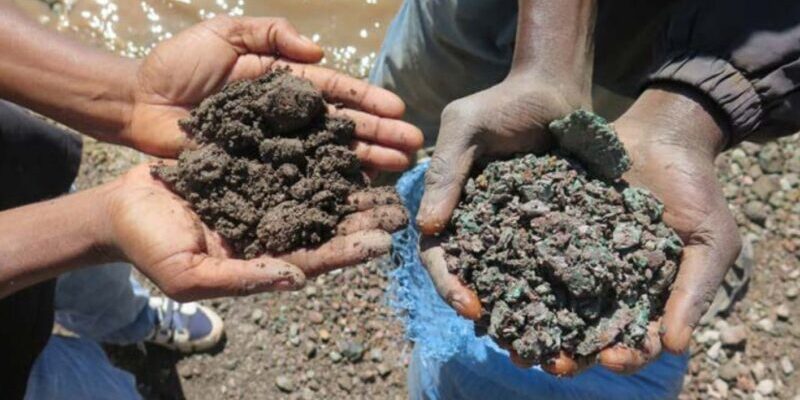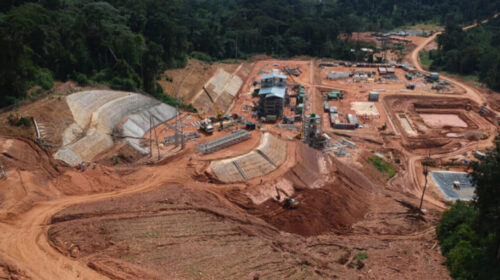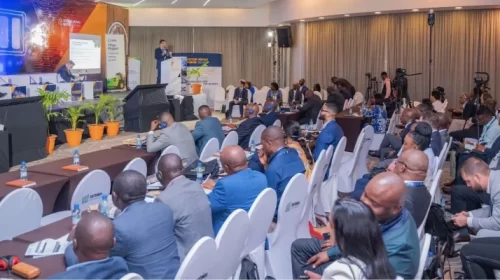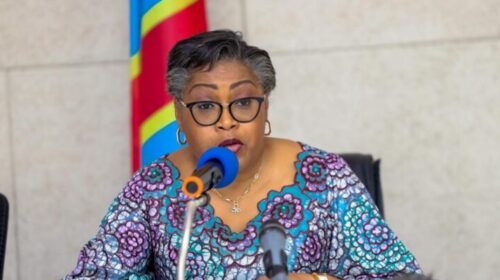EU-Rwanda Deal Raises Concerns of Conflict Mineral Smuggling from DRC
As the European Union seeks to secure a steady supply of essential minerals for the green revolution, particularly from Rwanda, concerns arise regarding the potential smuggling of conflict minerals from the Democratic Republic of Congo (DRC).
The EU’s memorandum of understanding (MoU) with Rwanda, aimed at fostering sustainable and resilient value chains for critical raw materials, is seen as a positive step towards supporting clean technology initiatives.
However, the reality is far more complex. Rwanda, a country that exports more minerals than it mines, has been implicated in the smuggling of minerals like coltan and gold from the conflict-ridden DRC, where they enter global supply chains.
The ongoing conflict in the DRC, fueled by the illicit trade in minerals, has led to widespread suffering and displacement of millions of people.
Armed groups, including the M23 rebels, play a significant role in facilitating this illicit trade, with accusations of support from Rwanda.
Despite efforts to regulate mineral supply chains through initiatives like the International Tin Supply Chain Initiative (ITSCI), concerns persist about the effectiveness of these mechanisms.
Reports suggest that conflict minerals continue to enter global supply chains, raising questions about due diligence and traceability.
The EU’s deal with Rwanda, while aiming to promote responsible production and cooperation against illegal trafficking, has drawn criticism for potentially exacerbating the issue of conflict mineral smuggling.
With Rwanda’s pivotal role in the green revolution’s mineral supply chain, there are fears that the EU’s support could inadvertently perpetuate the conflict in the DRC.
As stakeholders grapple with the ethical implications of sourcing minerals from conflict-affected regions, the EU faces mounting pressure to reconsider its partnership with Rwanda.
Legal action against companies like Apple, accused of purchasing “blood minerals” from the region, underscores the urgency of addressing this issue.
While the EU-Rwanda deal holds promise for advancing sustainable development goals, its potential impact on conflict dynamics in the DRC cannot be ignored.
The decision to proceed with the agreement hinges on addressing these critical concerns and ensuring that the pursuit of green technology does not come at the cost of human rights and stability in the region.
SOURCE:AL JAZEERA
98 total views , 1 views today





